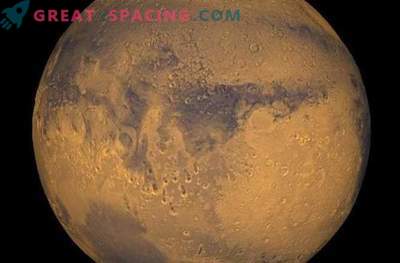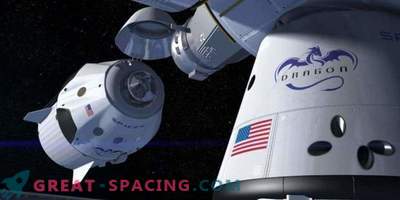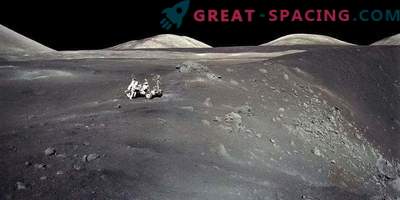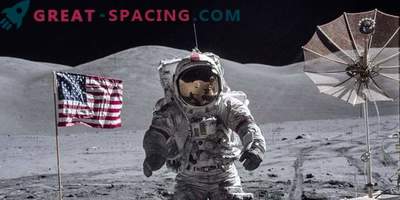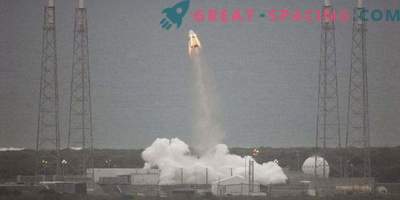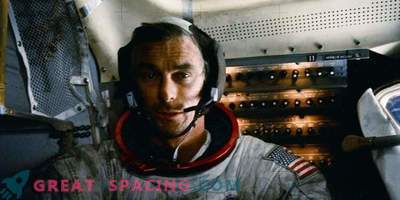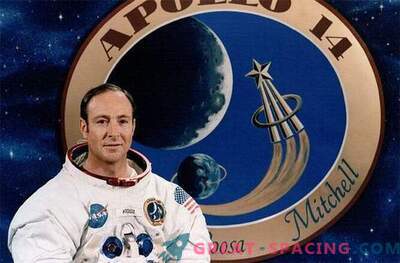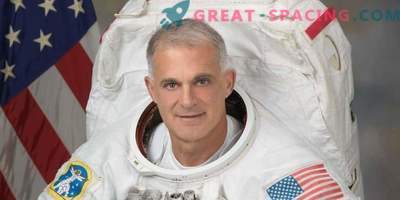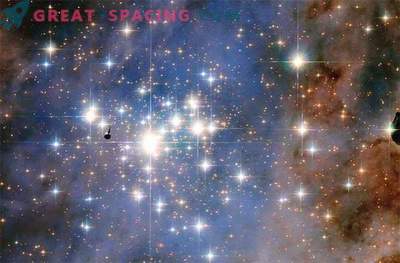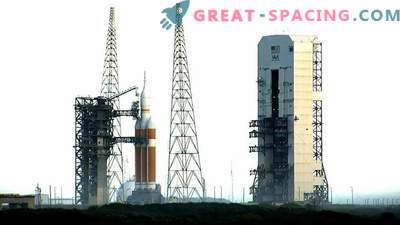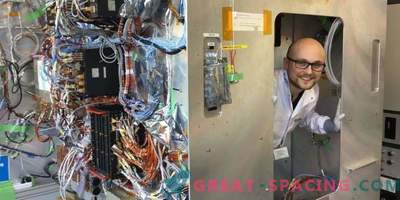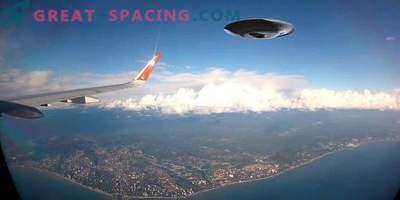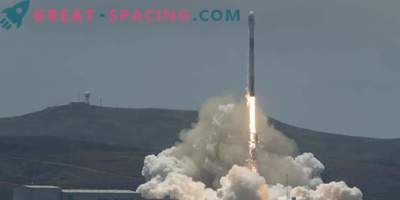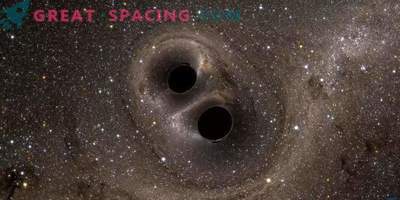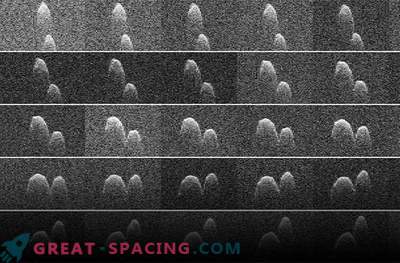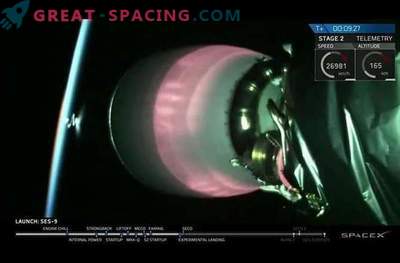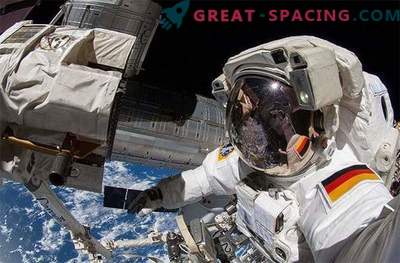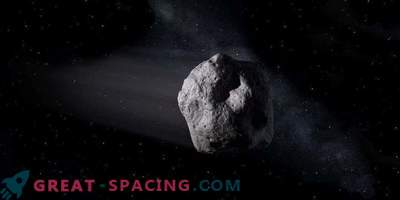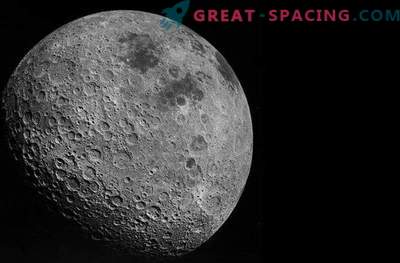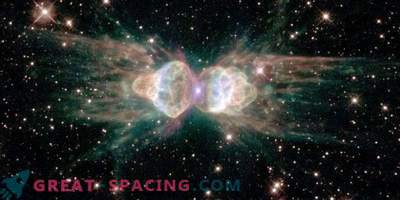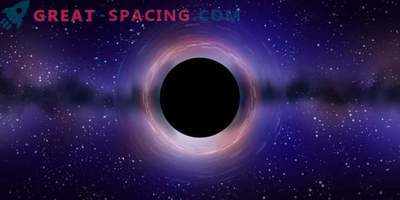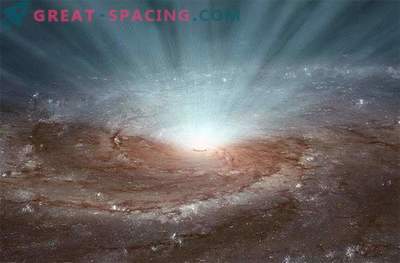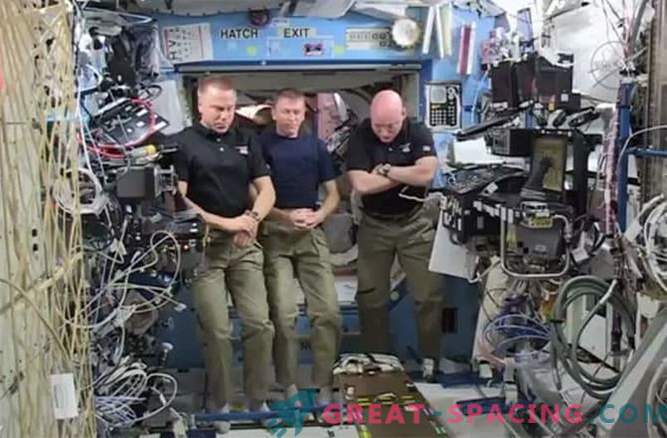
The US space agency on Thursday honored memory in honor of the 30th anniversary of the Challenger space shuttle explosion, with the obligation to remember the dead astronauts, as this puts pressure on the mission to Mars.
At the Kennedy Space Center in Florida, where the shuttle started on January 28, 1986, singers dressed in red and blue loudly sang the Star Banner for the crowd, which included the relatives and friends of the seven people killed that day.
“The Challenger crew will always be young, and never be forgotten,” said Bob Cabana, a former astronaut and director of the Kennedy Space Center.
"They still motivate us to research."
The flower-laying ceremony was planned at the Arlington National Cemetery in Virginia, as NASA commemorated the 24 dead citizens of the United States in space catastrophes and flight tests for many years.
"When we take a trip to Mars, they will be with us. Our eternal respect, love and gratitude will always remain with them," said NASA administrator Charles Bolden, a former astronaut, in a statement. "On this solemn day, we pause in our ordinary affairs to remember."
Six astronauts from NASA and Krista Makolif — who would have been the first teacher in space — were killed in a Challenger disaster when the shuttle exploded 73 seconds after launch.
"The reason was the failure of the starting engine," - said at NASA.
Another major shuttle crash was on February 1, 2003. Seven people died aboard the Columbia shuttle when it shattered into pieces as it re-entered Earth's atmosphere.
NASA was told later that a piece of foam had come off the external fuel tank during launch, and a hole appeared in one of the shuttle’s wings, leading to a crash 16 minutes before landing.
The US space agency also honored the memory of three men who died on the Apollo 1 launch pad during a fire in 1967, before the first flight to the moon.
“Remembering the crews that we lost today, I especially remember my best friend Ed White, who died in the fire of Apollo 1,” astronaut Buzz Aldrin, the second man who stepped on the moon after the American astronaut Neil Armstrong, said on Twitter. Bolden also recalled the loss of Mike Adams in 1967, who died on the X-15 hypersonic rocket plane, and others who died in "test flights and aviation research throughout our history."
Shortly after taking office, US President Barack Obama canceled a NASA program to return to the moon, saying that he preferred to send resources to deep-space research and the human mission to Mars in the 2030s.
The space shuttle program officially ended in 2011 after three decades of delivery of astronauts from low Earth orbit.
The termination of this program left the United States without funds for human space flight.
At this time, astronauts in the world travel to the International Space Station aboard the Russian Soyuz capsule, while private companies Boeing and SpaceX are preparing their own spacecraft for use in 2017 and beyond, and NASA has focused on building its Orion Deep Space capsules.
